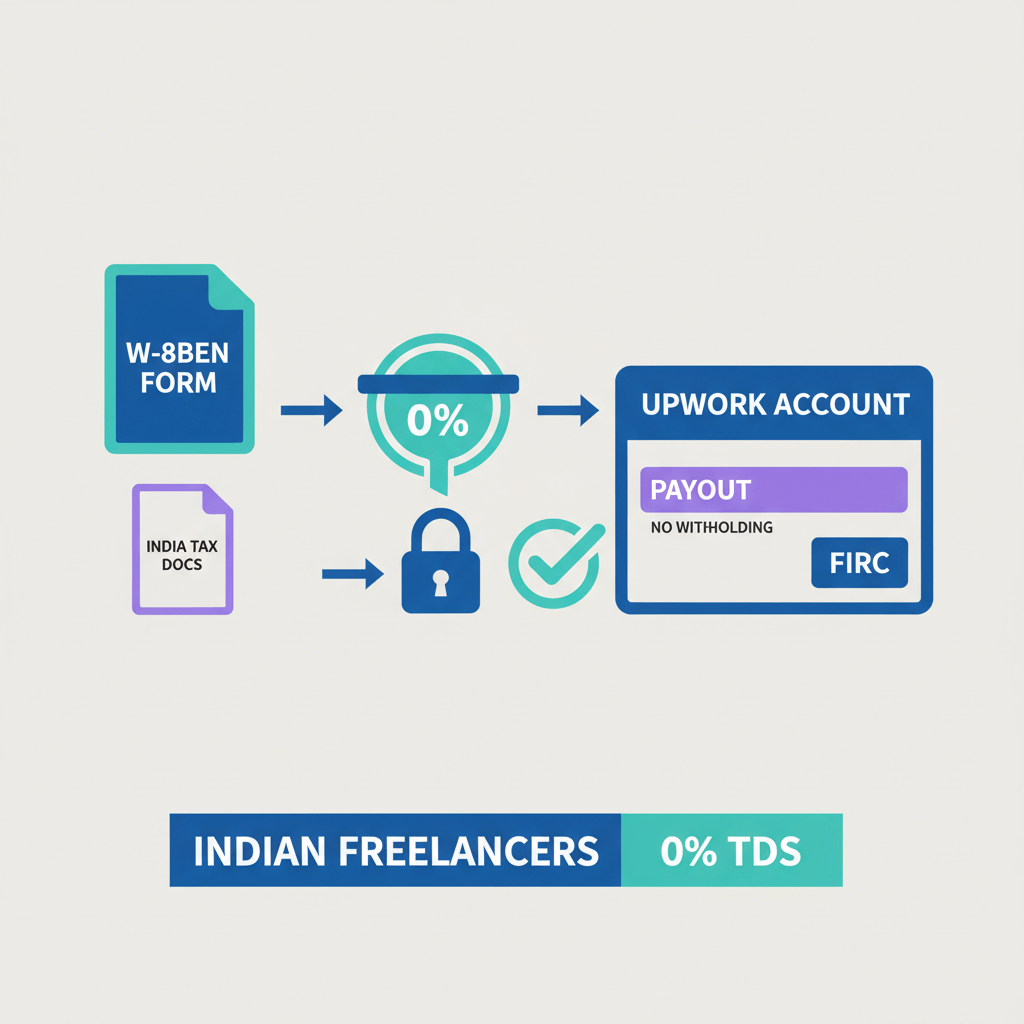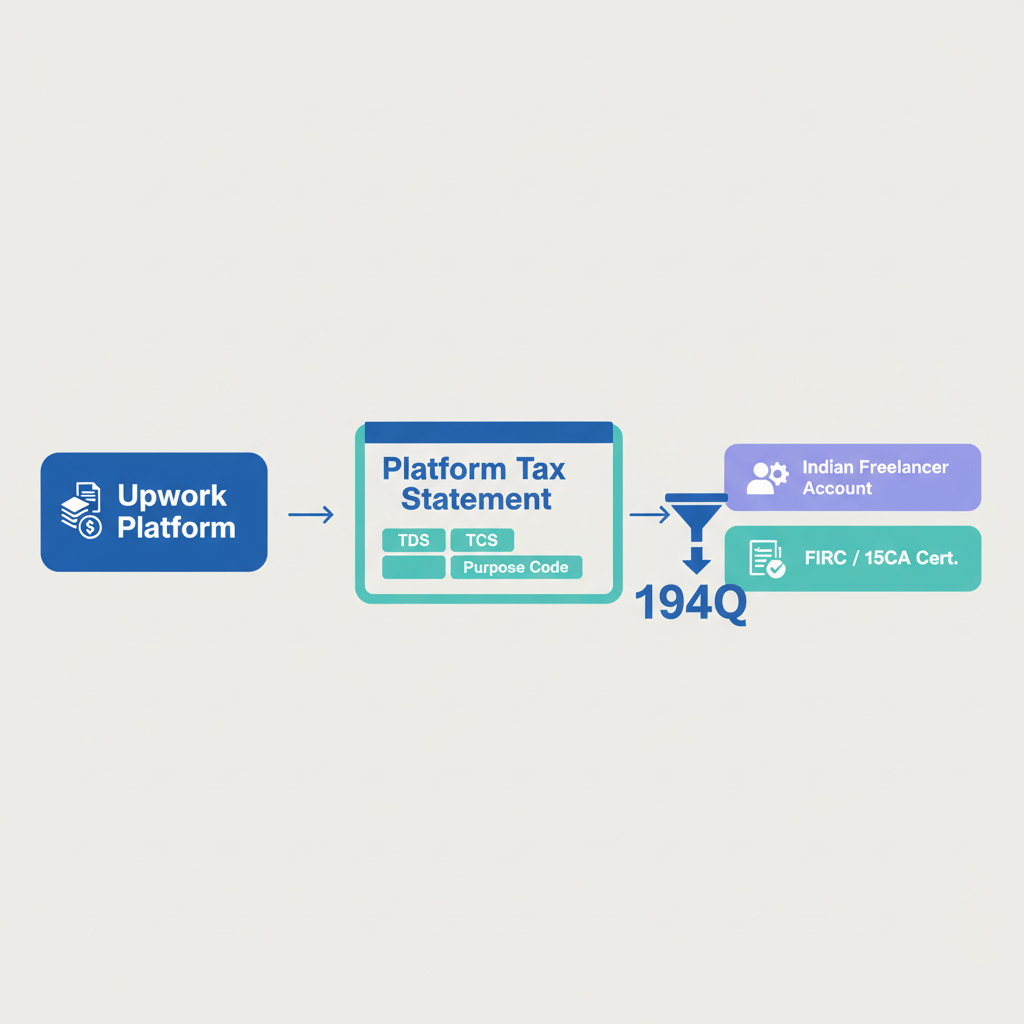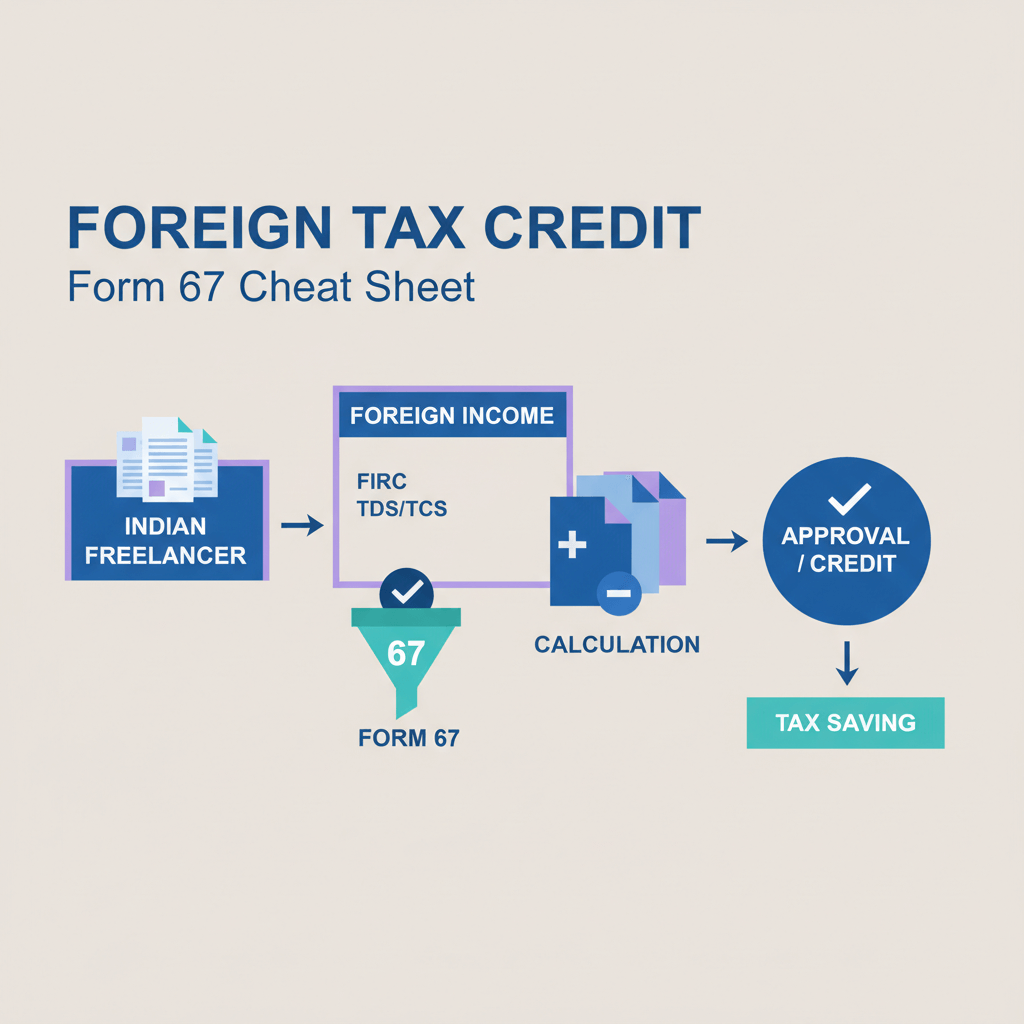Get paid faster in foreign currency with lower fees and fully compliant wire transfers.
Doing business across borders sounds exciting. There’s new markets, bigger opportunities, faster growth.
But once you dig into the legal side, it gets complicated. There are layers of regulations, import-export duties, paperwork, and compliance risks that can slow you down.
For many exporters, especially in developing economies, these hurdles delay shipments, increase costs, drain working capital, and sometimes cause deals to fall through entirely.
These regulations exist for a reason. They protect a country’s economy, control the flow of goods, and ensure tax compliance. But, when too many businesses are discouraged from exporting, the country loses out on potential foreign exchange, jobs, and industrial growth.
That’s why Export Processing Zones (EPZs) were created. To remove these barriers without compromising national interests.
In this blog, we’ll explain how.
What Is Export Processing Zone (EPZ)?
An Export Processing Zone (EPZ) is a specially designated area within a country where goods can be imported, manufactured, and exported without the normal trade barriers such as tariffs and customs regulations. These zones are established to encourage foreign investment, boost exports, create jobs, and drive industrial growth.
Financial & Tax Benefits for EPZ Units in India
Export Processing Zones (EPZs) offers financial and tax benefits that significantly reduce the cost of doing export-oriented business.
1. Duty-Free Imports
Units operating within an EPZ/SEZ are allowed to import raw materials, capital goods, machinery, consumables, and spares without paying any customs duties. This benefit applies to goods sourced both from outside India and from the domestic market. This leads to substantial cost savings, especially for manufacturing exporters relying on high-value machinery or components.
2. Income Tax Holiday
Under Section 10AA of the Income Tax Act, eligible units get:
• 100% tax exemption on profits for the first 5 consecutive assessment years
• Followed by 50% exemption for the next 2 years
• An additional 50% exemption for 3 more years is possible if profits are reinvested in a Special Reserve
3. Indirect Tax Exemptions
EPZ/SEZ units are exempt from:
• IGST (Integrated GST) on imports
• Central Excise on procurement from DTA
• Service Tax (before GST era)
Supplies into SEZs are treated as zero-rated. Hence, suppliers can claim refunds under GST without tax incidence.
4. 100% FDI Allowed
Foreign Direct Investment (FDI) is permitted through the automatic route, with no prior government approval needed. This makes it easier for export businesses in India to form joint ventures or attract overseas capital.
5. Relaxation on Forex Rules
EPZ units can:
• Retain export earnings in EEFC (Exchange Earners’ Foreign Currency) accounts without mandatory conversion to INR
• Raise ECBs (External Commercial Borrowings) without maturity period restrictions, providing flexible international funding
Which Businesses Are Eligible to Access The EPZ?
Export-Focused Requirement
Only businesses focused on exports can operate inside an Export Processing Zone (EPZ) or Special Economic Zone (SEZ).
To qualify, the unit must be engaged in manufacturing, processing, or service activities that directly generate foreign exchange.
Net Foreign Exchange (NFE) Criteria
Businesses must meet the Net Foreign Exchange (NFE) criteria.
NFE criteria: Exporters must earn more foreign exchange than the total value of their imports and local inputs, calculated over a five-year period.
The government doesn’t want EPZ units to just import raw materials or components, do minimal processing or assembly, and then re-export them. That wouldn’t help India much. It would just pass foreign currency in and out.
By setting the Net Foreign Exchange (NFE) rule, the government ensures that You export more (in dollar value) than what you import or buy locally.
Approval from SEZ Authorities
To set up in an EPZ, you need approval from the SEZ Development Commissioner. You’ll have to submit a project plan that explains what you’ll export, how much you’ll invest, how many jobs you’ll create, and your business timeline.
If everything checks out, you’ll get a Letter of Approval (LoA), and you can move forward with setting up your unit inside the zone.
Eligible Business Types
The following business types are eligible to set up inside an EPZ or SEZ:
• Export-oriented manufacturers in sectors like electronics, textiles, auto components, machinery, chemicals, and precision tools.
• Processing units such as food processing, seafood, agro-products, leather goods, pharmaceuticals, and jewellery.
• IT and ITeS providers, including software development, BPO/KPO services, engineering design, and financial analytics.
• Healthcare and medical services catering to overseas patients or clients
• Renewable energy and R&D-driven businesses focused on international markets.
Startups and MSME Eligibility
Startups and MSMEs are eligible, provided they commit to 100% export of their output or meet the prescribed NFE norms. There is no minimum turnover requirement, but the business must show commercial viability.
Service Exporters
Service exporters are also eligible, as long as services are billed to clients overseas and payment is received in convertible foreign currency. This includes design studios, consulting firms, architecture and legal services, content development, and SaaS businesses with international clients.
Sector-Specific Clearances
Sector-specific regulations apply in certain cases. For example, units dealing in biotechnology, defence equipment, or hazardous goods must obtain additional clearances before setup.
How many export processing zone are there in India?
There are seven export processing zones in India. These Export Processing Zones (EPZs) were established between 1965 and 2000:
1. Kandla EPZ – Gujarat
2. SEEPZ – Mumbai, Maharashtra
3. Noida EPZ – Uttar Pradesh
4. Chennai EPZ – Tamil Nadu
5. Falta EPZ – West Bengal
6. Visakhapatnam EPZ – Andhra Pradesh
7. Cochin EPZ – Kerala
After the SEZ Act, 2005 came into effect, all seven EPZs were converted into Special Economic Zones (SEZs). Today, they are officially governed as SEZs, but many people still refer to them as EPZs.
Which is the biggest EPZ in India?
Difference Between Export processing Zone and Special Economic Zone:
By now you might be wondering- what are export processing zones and special economic zones?
It’s a common confusion, and for good reason. EPZs were the precursor to SEZs in India.
EPZs were the early model. The government expanded this concept and formalized it into the SEZ (Special Economic Zone) framework under the SEZ Act, 2005.
Today, the original EPZs function as SEZs under the new law.
Conclusion
EPZs help exporters in India grow faster. You save on taxes, skip import duties, and handle less paperwork.
If you meet the criteria and get approved, you can run your export business with better margins. In the end, it’s a win for both your business and the country.
FAQs
1. What’s the main goal of an EPZ?
EPZs goal is to grow India’s exports and attract foreign investment. They help the economy by bringing in foreign exchange, creating jobs, and encouraging industrial growth. For businesses, they offer tax breaks, duty-free imports, and simplified regulations to make exporting easier and more profitable.
2. Can I sell in the Indian market from an EPZ?
Not really. EPZ units are meant for 100% export. Selling in India is allowed only in rare cases, and you’ll need to pay full customs duties like any other importer.
3. Who gives the approvals to set up in an EPZ?
You’ll need to apply to the Development Commissioner. They review your project and, if approved, give you a Letter of Approval to start operating in the zone.
4. Is it only for manufacturers, or can service providers apply too?
Service businesses can apply too, as long as you're exporting. For example, IT services, design work, and data processing are allowed if clients are overseas and you earn in foreign currency.
5. What tax benefits do EPZ units get?
You don’t pay customs duty on imported raw materials or machinery. There are income tax exemptions under Section 10AA, and no GST on inputs used for export.
6. Do I need to meet any export performance targets?
Yes. Over five years, you must earn more in exports than what you spend on imports and local purchases. This is called meeting your Net Foreign Exchange (NFE) target.
7. Can I raise foreign investment for my EPZ unit?
Yes. 100% Foreign Direct Investment (FDI) is allowed through the automatic route. You don’t need extra government approvals in most cases.
8. What if I don’t meet my export targets?
If you cannot meet your target, you can lose your tax benefits, face penalties, or even have your EPZ approval withdrawn.


.png)







